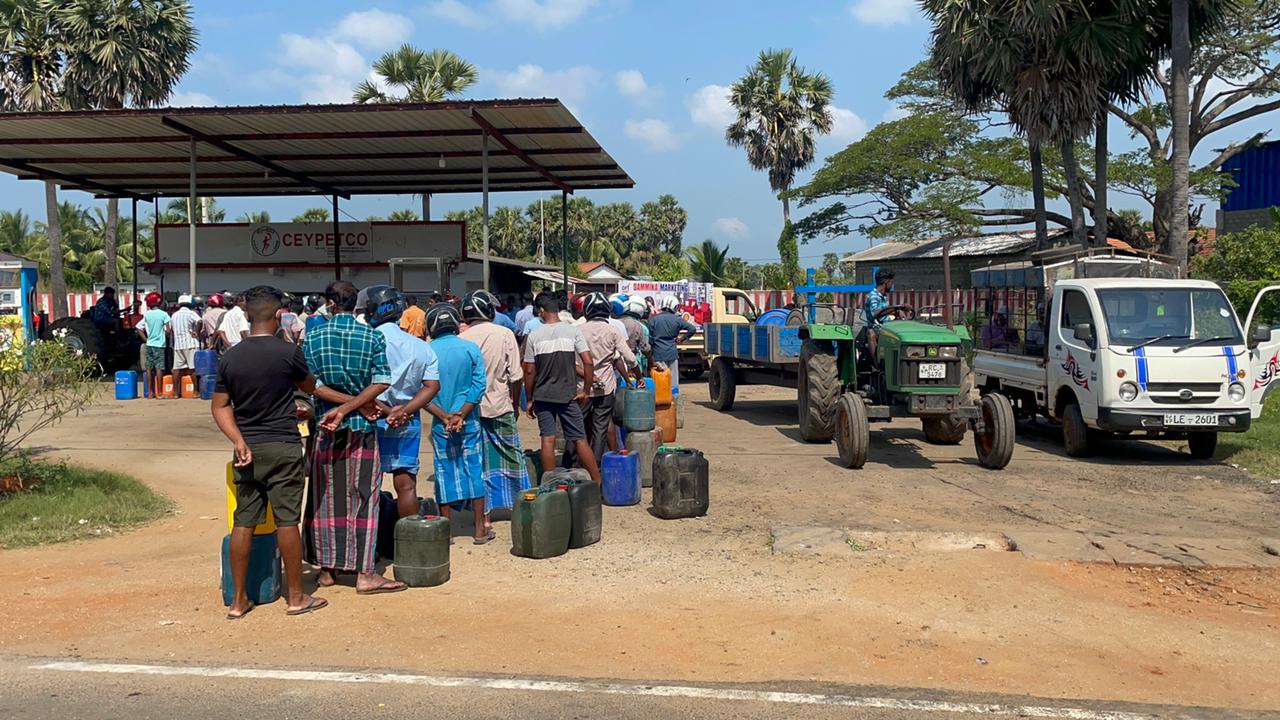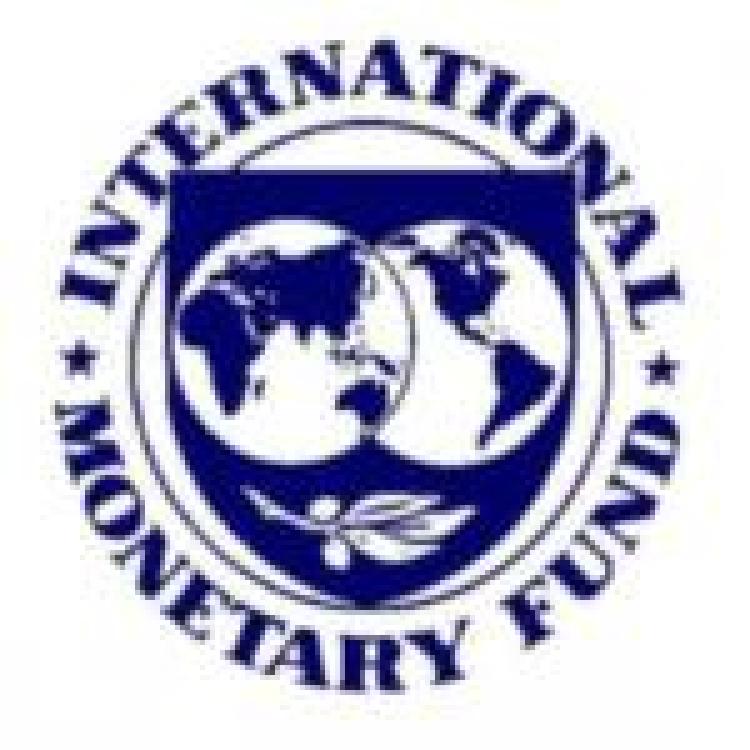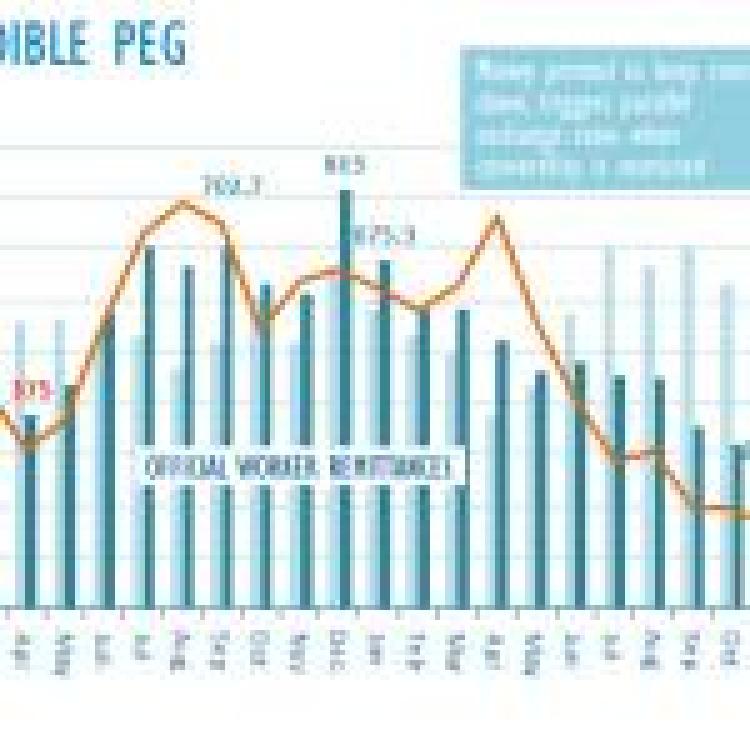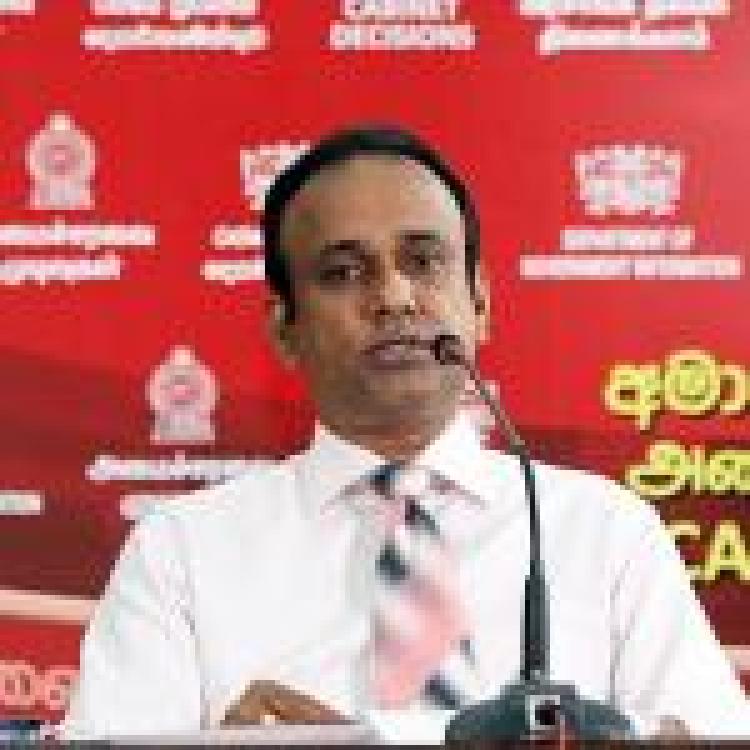
Mannar farmers queuing for fuel
After a host of fierce opposition from within the government, Sri Lanka has reportedly begun talks with the International Monetary Fund (IMF) as it continues to suffer from its worst financial crisis in years.
Reuters reports that at least three different sources confirmed talks have begun between Colombo and the global institution, as the island sees soaring prices on a range of basic goods from fuel to food and medicines.
Sri Lanka’s finance minister Basil Rajapaksa, who a sacked minister blamed for the crisis and labelled an “ugly American” last week, is reportedly set to travel to Washington D. C. next month to meet with IMF and World Bank officials.
"We are taking our proposal and a plan," one of the sources said, told Reuters. "The government is serious about fixing things."
“The IMF has repeatedly said any bailout will require a comprehensive debt restructuring programme,” said one London-based academic. “If Sri Lanka chooses to proceed with one, it will make for interesting conversations with bilateral lenders involving among many things infrastructure.”
The decision to go to the IMF has faced strong resistance from across the Sinhala political spectrum.
Earlier this year, The Economist noted that the current regime “has vocally opposed IMF intervention, calling it an infringement of sovereignty.”
Parliamentarian Vasudeva Nanayakkara, even went so far as to state:
“Even if we die, we will not seek assistance from the IMF. This is the final thing I have to say. Even if this Government, our Government gets destroyed, we are not prepared to reach out to the IMF and destroy the lives of our people”.
Rajapaksa himself claimed that the country would not borrow from institutions which would “attach conditions that impact the country’s sovereignty”.
However, with approximately US$4 billion in foreign debt due to be repaid this year, including a $1 billion international sovereign bond maturing in July, Sri Lanka has been left with little choice.
"This is a tough situation," the source told Reuters, "We want to see what support we can get from the IMF."
“Years of Rajapaksa-led mismanagement have led the island to a breaking point,” said one Tamil activist. “This is what happens when an unaccountable, corrupt regime is allowed to govern without consequence.”




